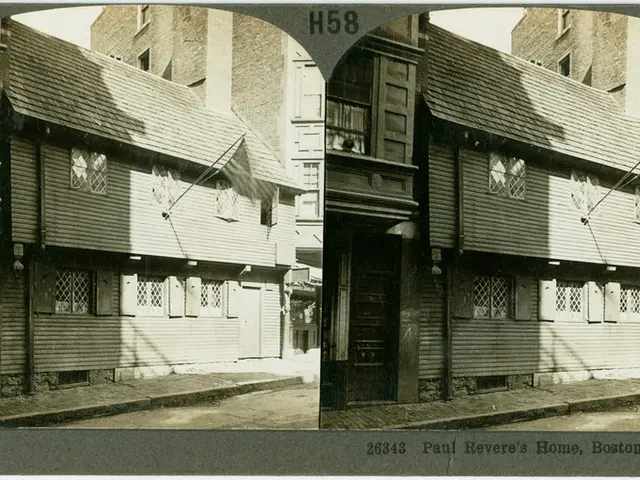Big Tech's Gilded Age: Can Regulation Reclaim the Internet's Promise?
Big tech platforms, once lauded as equalizers, now face criticism for their wealth concentration, mirroring the Gilded Age. Experts contend that regulation, as witnessed in historical essential platforms, can still unlock the internet's potential for widespread opportunity.
In the early 2000s, the internet was celebrated for its democratizing power, benefiting small vendors and individuals. However, this optimism has waned as big tech platforms like Amazon and Google have accumulated wealth, echoing the Gilded Age's monopolies.
Historically, essential platforms such as city markets, Main Streets, and railroads required regulation to operate smoothly. The Charles River Bridge in Boston, run by a private corporation in the early modern period, is a notable example. Today, big tech platforms, vital to economic activity, should not wield unchecked power to extract wealth.
The expectation that the internet would favor 'the Davids' over 'the Goliaths' has not been realized. Nevertheless, the internet's potential for broad opportunity can still be reclaimed. Appropriate laws and policies can ensure that big tech platforms, like historical essential platforms, function optimally and benefit all.







